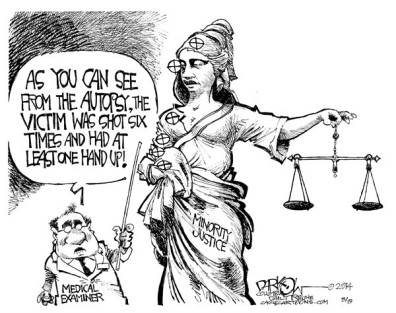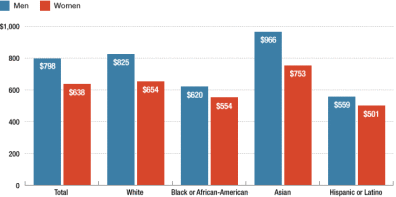Does race play a role in the criminal justice system?
This issue is very important to me because I have experienced this on a personal level. I am not going to talk too much about that though. That is for another day, but the answer to that first question is that it is unanswerable. The reason why I said this is because every criminal justice system is different. The media only shows what they want to show. This makes it seem like the Criminal Justice system is cruel. Which it can be sometimes. For example, some of the most popular stories in the past 2 years or so include the Ferguson story, the riots in Baltimore, the “I can’t breathe” campaign. More recently, the shooting on the African-American church in South Carolina, Another major event that everyone is talking about is the case of Ahmed the 14 year old engineer. All these cases that I stated bring up the question on race. For example, If Michael Brown (Ferguson) was white would he have been dead right now? This question may never be answered. I can say from experience that no one will truly know if race plays a role in the criminal justice system unless they actually go to court and observe a few cases. The cases that I listed above are just few of the thousands and thousands of cases heard in courts all over the United States per day. While i was interning at the Prosecutor’s office in Olympia, I observed only 1 case were I felt like race was an issue. All others were fairly fair and was based on their crimes.
Picture Source: http://www.cagle.com/2014/08/lady-autopsy/
This picture describes what happened in the Ferguson case. This picture depicts what the justice system was thinking during the trial. On the other hand in the recent case with Ahmed Mohammad, he was let go after being arrested. Given that ‘he should not have been arrested in the first place.
Picture Source: http://www.npr.org/templates/story/story.php?storyId=125998232
The picture above depicts the average amount of earnings per race. Not only that, but it also depicts the difference between women and men. Just based on this, I did some more research and found some surprising or I guess not so surprising. The paragraph below describes my findings.
How about social class? Does race matter if an individual is in a higher social class? After spending 2 hours on this subject, I came to the conclusion that there is a small relationship. I say this because according to NPR.COM, the only racial group that earns more than whites is the Asian demographic. According to NPR.com the White demographic earns $825 for every $1,000 while the Asian demographic is at $966 for every $1,000. It is much lower for African-Americans and the Hispanic/Latinos. For example, the African-American demographic earns $620 for every $1,000 while the Hispanics/Latinos are making $559 for every $1,000. Ironically, The top two demographics who are in prison are the African-Americans and the Hispanic/Latinos. 1 in every 15 African American men and 1 in every 36 Hispanic men are incarcerated in comparison to 1 in every 106 white men.As for the Asians, they have 3,188 inmates in prison which makes up 1.8% of all inmates. This is according to the Federal Bureau of Prisons. Judging by this, Social Class does have a little bit of influence on this subject. Also, one thing that I noticed was that the crime rate was a lot lower in areas where the income was higher. It works the other way around too. Lower the income, the higher the crime rate.
Fun, but terrifying facts:
- Students of color face harsher punishments in school than their white peers, leading to a higher number of youth of color incarcerated
- According to recent data by the Department of Education, African American students are arrested far more often than their white classmates
- The war on drugs has been waged primarily in communities of color where people of color are more likely to receive higher offenses
Question:
1.) Does race take part in the criminal justice system?
2.) Why does the media only show one side of the story.


